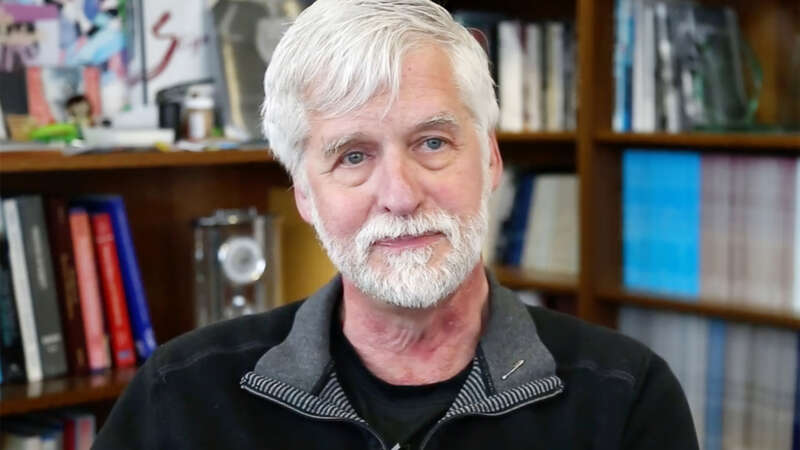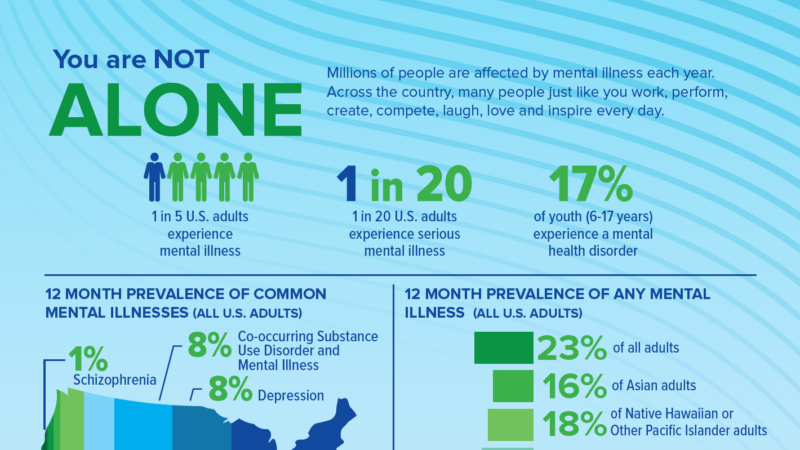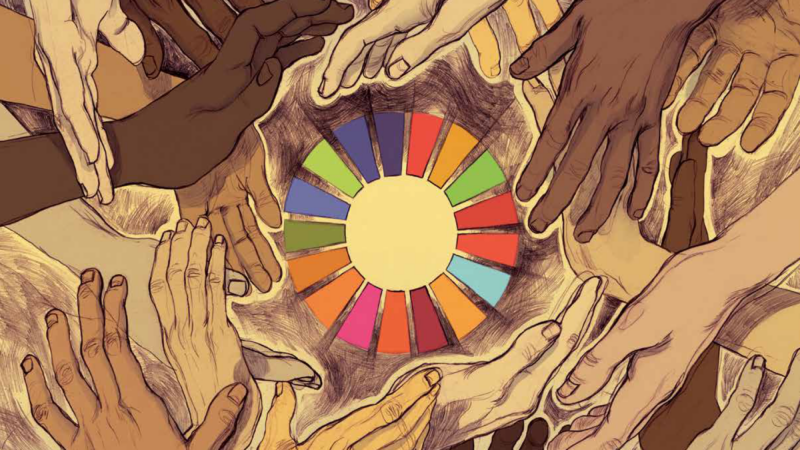mental health
Dr. Tamberly Conway: Nurturing Forests & Human Health
Dr. Tamberly Conway, Founder and CEO of Conservation Conexions, is not just a conservationist for our forests but also a leader in the realm of forest therapy.
During her career, Tamberly has worn many hats. From a dedicated Forest Service employee to an Association of Nature and Forest Therapy Certified Guide, entwining her passion for the natural world within each role she has taken on.
She spent her time with the U.S. Forest Service Conservation Education Program advocating for forest health and human wellbeing, primarily for and within diverse communities. In December of 2019, Tamberly left the USFS to fully dedicate herself to Forest Therapy and its ability to connect and nurture both land and human health.
Patrick Corrigan: Empowering the Voice of Mental Health
rick Corrigan, a Distinguished Professor of Psychology at the Illinois Institute of Technology, has earned numerous accolades and is renowned for his tireless commitment to reshaping our understanding of mental health and disabilities.
In 2022, Corrigan was honored with the prestigious APA Senior Career Award for Distinguished Contributions to Psychology in the Public Interest, a testament to his lifelong devotion to this cause.
Mental Health by the Numbers
Millions of Americans are affected by mental health conditions every year. Here is an infographic about the prevalence of mental illness.
There’s No Shame in Taking Care of Your Mental Health
When stress got to be too much for TED Fellow Sangu Delle, he had to confront his own deep prejudice: that men shouldn’t take care of their mental health. In a personal talk, Delle shares how he learned to handle anxiety in a society that’s uncomfortable with emotions. As he says: “Being honest about how we feel doesn’t make us weak — it makes us human.”
Putting the Care into Mental Health Care
As a society and as individuals, we find it easy to have empathy for someone who is suffering from physical illness. Diseases or conditions affecting the body’s physical structures or systems tend to be visible. Tend to be tangible. Physical ailments can usually be diagnosed through physical examinations. Symptoms can be traced back to known root causes and explained in straightforward terms we can understand.
Since we all have bodies, we can all relate.
Given this common understanding, it follows that public health discussions often default to the physical as well. While a critical aspect of public health, dialogue surrounding mental health is far less common. Unlike most physical disorders, mental health challenges are typically not well understood. This unfamiliarity can breed fear and fear, in turn, creates stigma. Stigma is a mark of disgrace associated with a particular circumstance, quality, or person. It causes negative stereotypes, discrimination, and prejudice against people based on some distinguishing characteristic or condition. Most importantly, stigma is one of the primary barriers to improving mental health outcomes.
Earth Day & Public Health: Unavoidably Connected
Each year on April 22nd, people and nations around the world celebrate Earth Day to raise awareness and promote action toward environmental protection and sustainability. Activities typically include community clean-ups and educational campaigns designed to promote sustainability in daily life.
The origins of Earth Day date back to the 1960s and a decade of growing enviro-consciousness brought about by the publication of Rachel Carson’s Silent Spring and a series of environmental disasters that climaxed with a devastating oil spill off the coast of California in 1969. Gaylord Nelson, a U.S. Senator from Wisconsin, organized the first Earth Day in 1970, when an estimated 20 million Americans took part in organized activities ranging from tree plantings to beach cleanups and teach-ins on college campuses.
Since those humble beginnings, Earth Day has become a global event – but amidst the tree plantings and landscape revitalization lies a subtle and yet direct connection between Earth Day and Public Health. Just as we depend on the natural environment for our survival, civilization creates and shapes a social and economic environment that greatly influences the health and well-being of our species.




